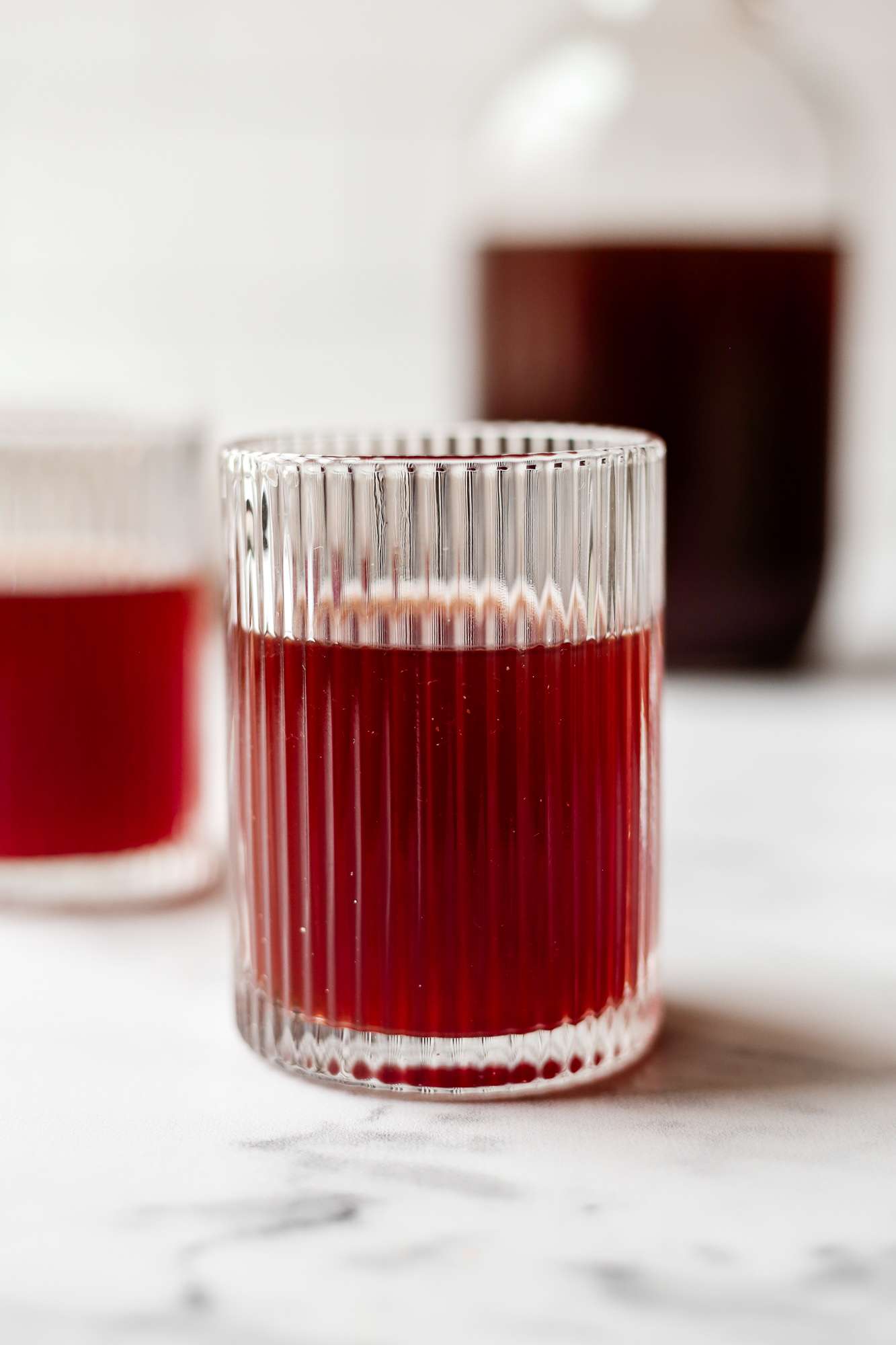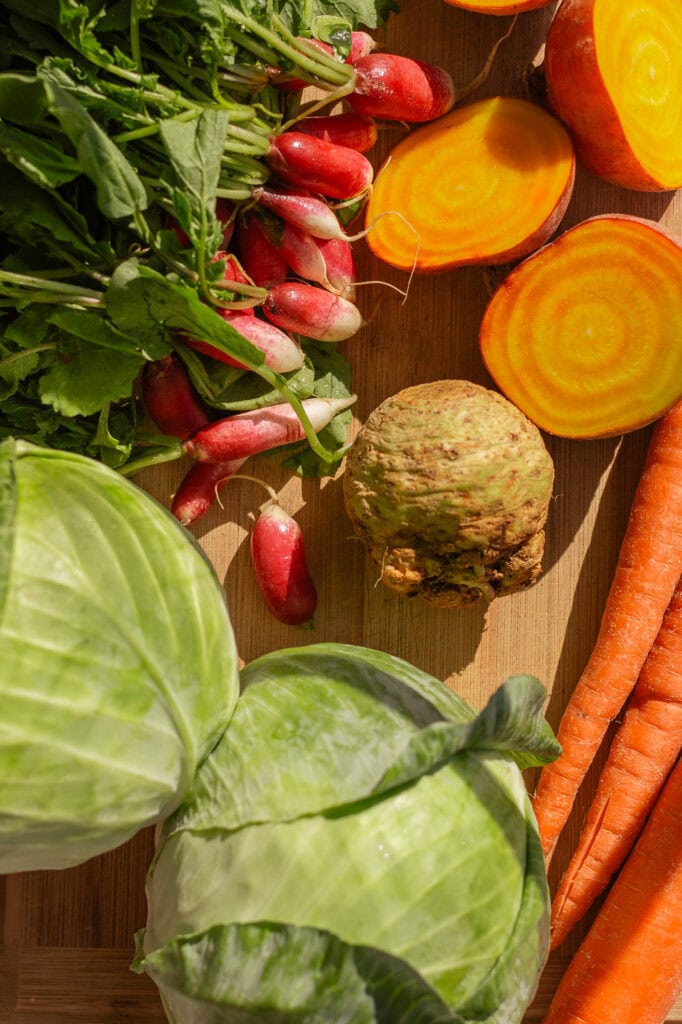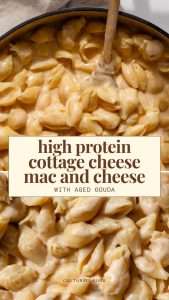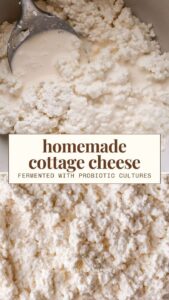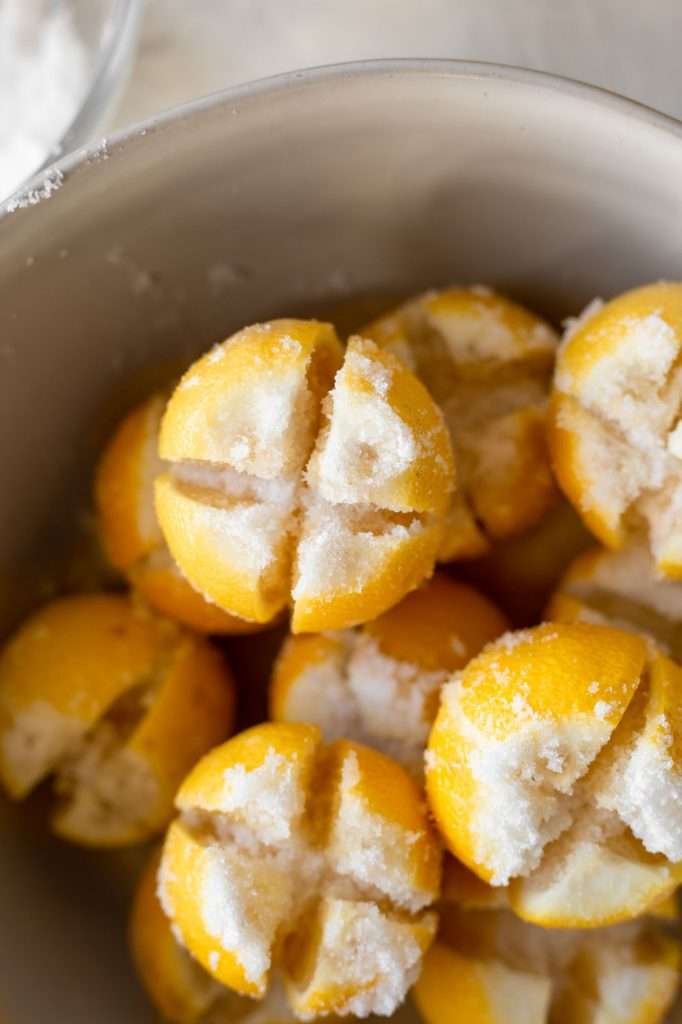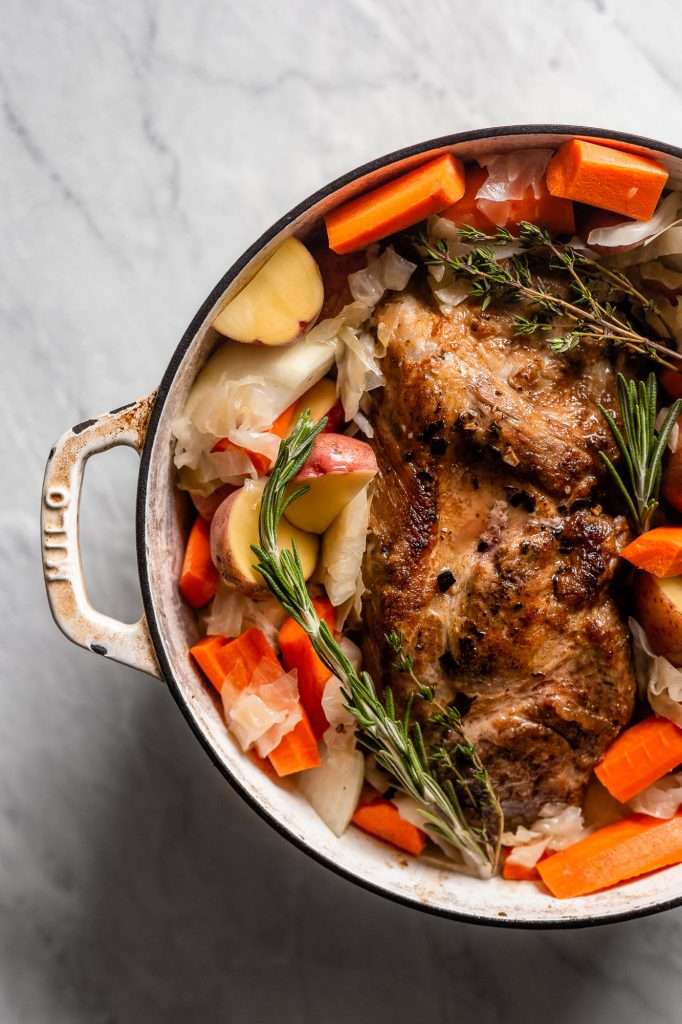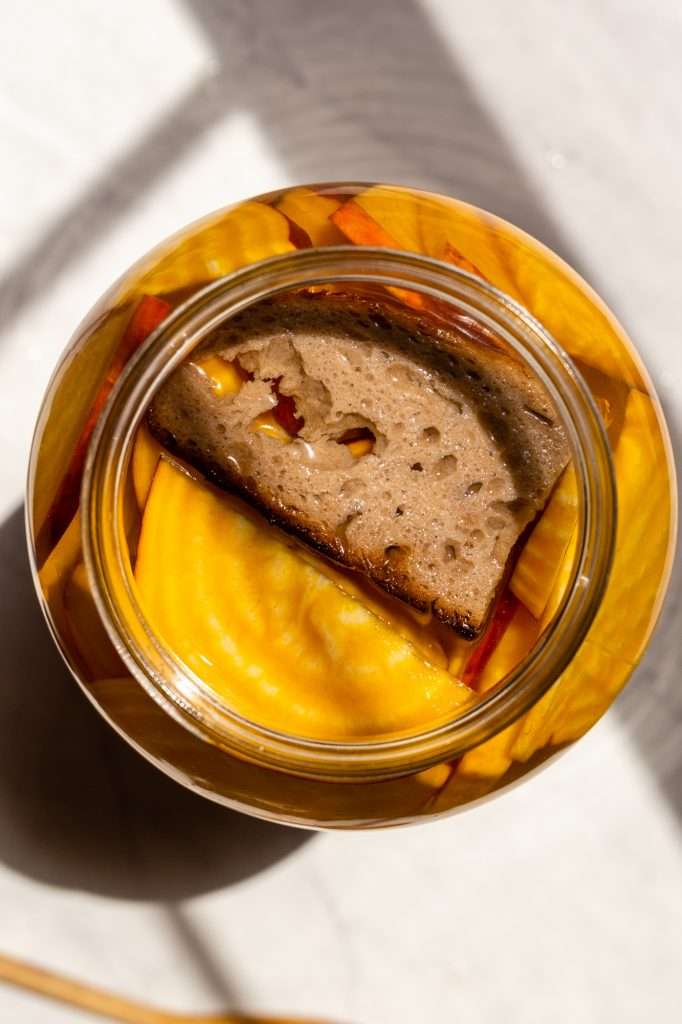Pomegranate Wine: A Healthy Alcoholic Beverage
First, if any readers want a non-alcoholic version of this pomegranate wine, please try our Pomegranate Kombucha Recipe instead!
While not as universally known as grape wine, pomegranate wine holds a special place in some areas of the world. It’s trendy in countries where pomegranates are native or commonly cultivated. Some areas where pomegranate wine is appreciated include:
- Middle East: Pomegranate wine is a traditional beverage in countries like Israel and Iran, where pomegranates are integral to the local cuisine. People in the Middle East often enjoy pomegranate wine for its unique flavor, and sometimes, people use the wine in religious and ceremonial practices.
- Armenia: Armenia has a long history of winemaking, and pomegranate wine is one of its specialties. The country’s unique climate and soil conditions are well-suited for growing pomegranates, leading to the production of high-quality pomegranate wines.
- United States: In regions of the U.S. where pomegranates are grown, such as California, there has been a growing interest in pomegranate wine. This is partly due to the health benefits associated with pomegranates and the ever-increasing trend of experimenting with different fruit wines.
While pomegranate wine may not be as widespread as traditional grape wine, it has a niche appeal, especially in areas where the fruit is culturally significant or abundantly available.
The taste of pomegranate wine can vary from sweet to tart, and people often desire its antioxidant properties, similar to those found in the fruit.

Is Wine From Pomegranate Juice Healthier Than Red Wine?
Comparing the health benefits of red wine and pomegranate wine involves looking at several factors, such as antioxidant content, heart health benefits, and potential risks. Both beverages have unique properties that contribute to their health profiles:
Antioxidant Content:
- Red Wine: Red wine is known for its high levels of antioxidants, especially resveratrol, found in red grapes’ skins. Resveratrol has been studied for its potential to protect against heart disease and certain cancers.
- Pomegranate Wine: Pomegranates are also rich in antioxidants, particularly punicalagin and anthocyanins. These antioxidants are known for their anti-inflammatory and anti-cancer properties.
Heart Health:
- Red Wine: Moderate consumption of red wine is often associated with improved heart health, mainly due to its antioxidant content. Some believe red wine can help lower bad cholesterol (LDL) and protect against artery damage.
- Pomegranate Wine: Pomegranate juice and, by extension, pomegranate wine can positively affect heart health, improving cholesterol profiles and reducing arterial plaque.
Alcohol Content and Risks:
- Both red wine and pomegranate wine contain alcohol, and excessive consumption can lead to health risks. The key is moderation.
In summary, red wine and pomegranate wine have their own health benefits, primarily due to their high antioxidant content.
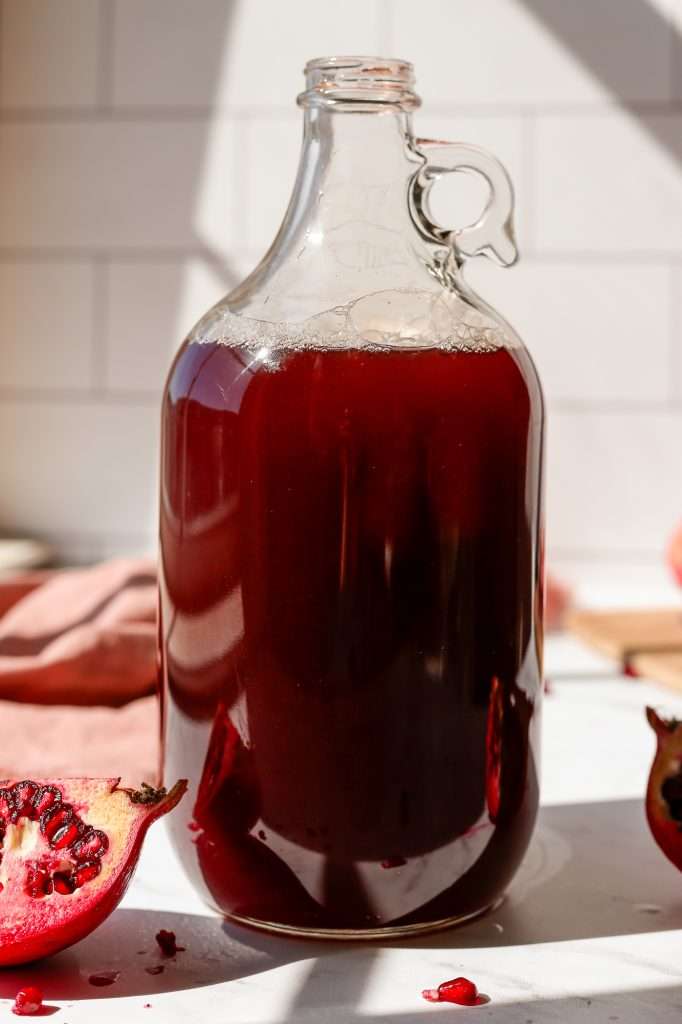

How to Make Pomegranate Wine at Home
Here is my Amazon list for brewing supplies. If you have a local home brew store, that is also an option to get what you need.
I got all my supplies at my local homebrew store up the street from my house. At a homebrew store, you can have someone help you pick out the right supplies.
- 1/2 gallon glass jug (with a cap)
- a second 1/2 gallon glass jug (with cap)
- 1 rubber stopper for brewing – You will need to make sure it is the right size for your jug. Some jugs have different diameter openings. I’ve linked the size stopper that fits my 1/2 gallon glass jug.
- an S airlock for the stopper
- a funnel
- a small pot
- cheap vodka (for cleaning equipment)
- Two 1-Liter swing-top bottles (carbonation safe, for bottling the wine)
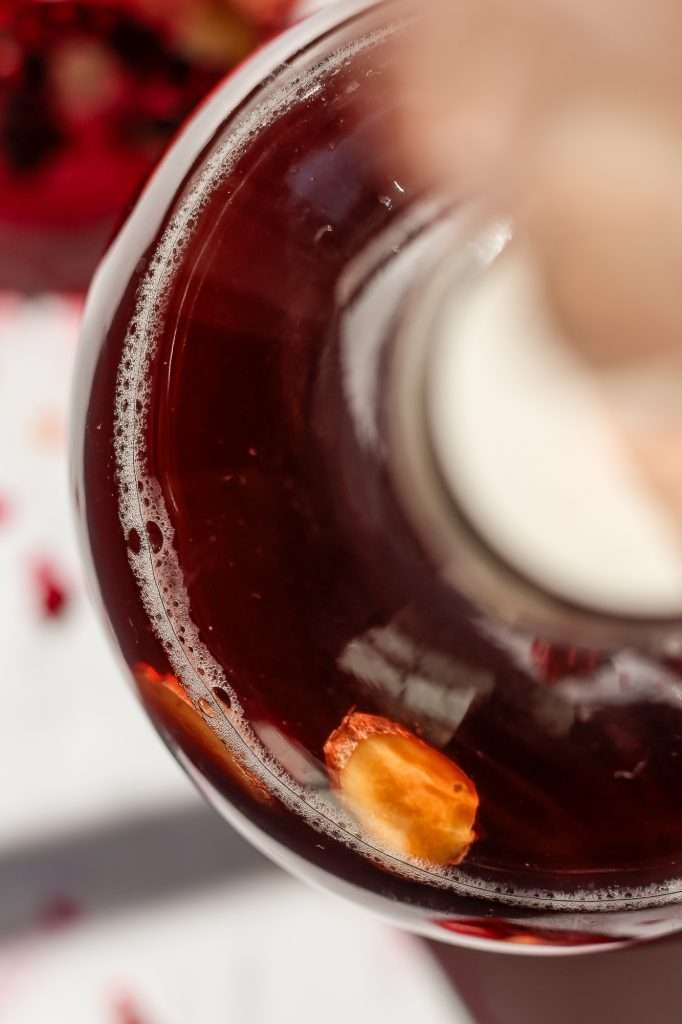
Is Pomegranate Wine Sour?
Pomegranate wine can vary in taste, ranging from sweet to tart, depending on how you make it.
The natural flavor profile of pomegranates leans towards tart and slightly sweet, so wines made from pomegranates often reflect these characteristics.
You can influence the final taste of pomegranate wine by changing a few factors, such as:
- Sugar Content: The amount of sugar added during the winemaking process can affect the sweetness and overall flavor profile. More sugar can balance the tartness, making the wine sweeter.
- Fermentation Process: Different fermentation durations can alter the flavor of the wine, affecting its sourness or sweetness.
- Pomegranate Variety: There are different varieties of pomegranates, and each can have a slightly different flavor profile, influencing the taste of the wine.
- Aging: The aging process can also impact the flavor, with longer aging potentially smoothing the tartness.
If you prefer less sour or tart wines, see the notes in the recipe card to adjust the flavor. Conversely, if you enjoy a more tart flavor profile, stick to the recipe as written.

Adding Citrus to Pomegranate Wine
Using lemon juice results in a highly tart and dry wine. I personally love it, but it’s not for everyone. Orange juice is a little more mild, but still quite tart.
In the recipe, you can sub for apple juice if super dry and tart wine isn’t your thing. You can also add more sugar to make a sweeter wine, since sweetness can balance out tart flavors.
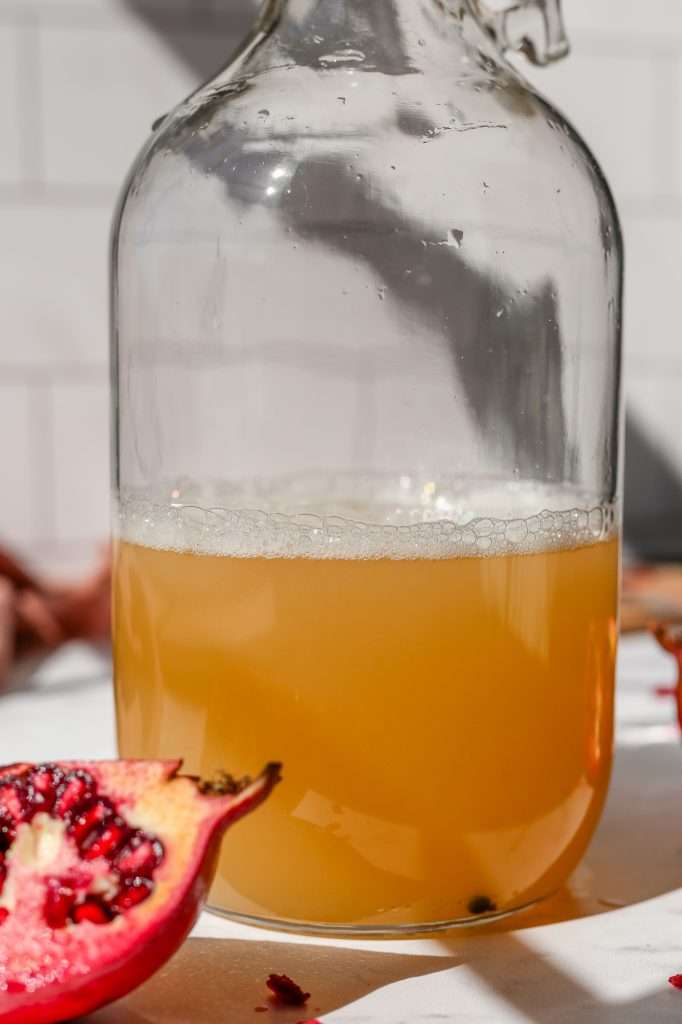
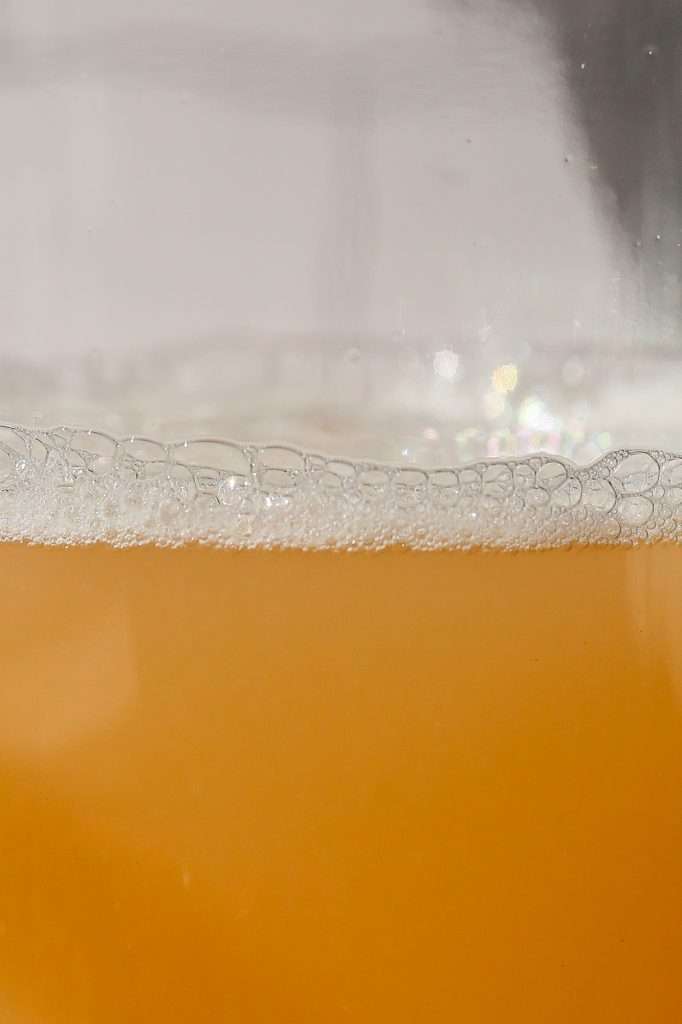
The Best Yeast For Homebrewing Wine
You can use champagne yeast or cider yeast for this recipe. If you visit a home-brew store, they should be able to help you select a wine yeast depending on the flavor you’re going for.
When buying packaged yeast, I like to make sure that the yeast species is not genetically modified. We chose to use Saccharomyces bayanus. This yeast species is associated with the natural fermentation of grapes, and it’s excellent for wine fermentation. It’s my favorite yeast to use in most alcohol fermentation because it gives “dry” results. Dry means less sugar in the end, so it is not as sweet.
Another option is to use wild yeast. You only need about two tablespoons of wild yeast starter in place of the yeast in the recipe. Click here to learn how to make a wild yeast starter.
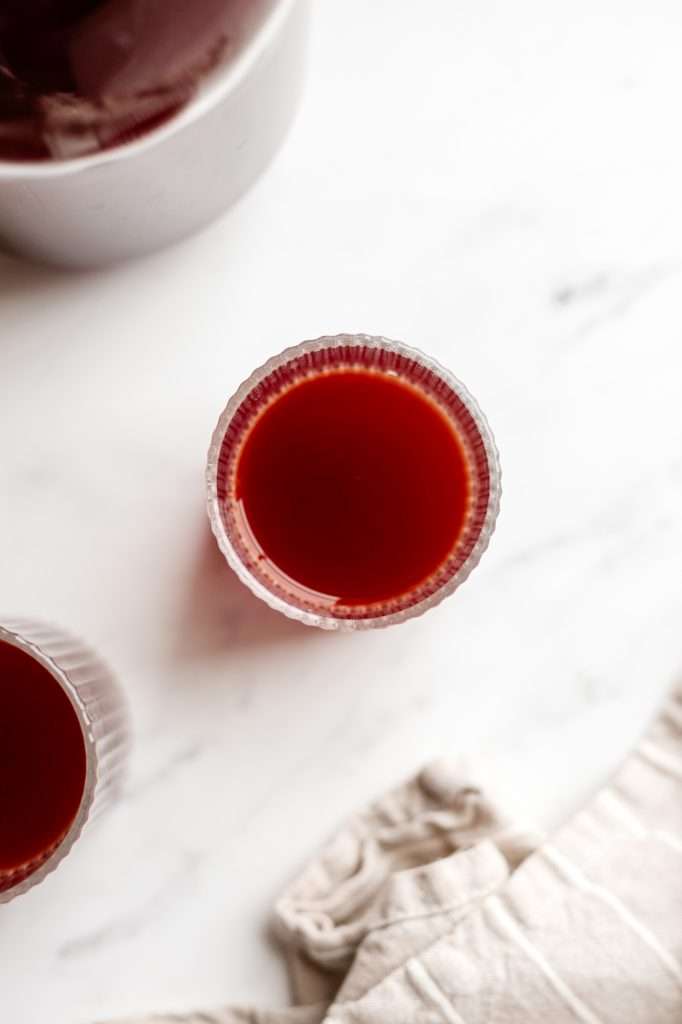
How to Bottle Pomegranate Wine to Make it Bubbly
Bottling your pomegranate wine to make sparkling wine is another excellent option to cut the natural tartness of the wine. When you bottle the wine with honey, it adds sweetness and carbonation to the wine.
You’ll need:
- Two 1-Liter Swing top bottles ( make sure the bottles are Carbonation Safe)
- Organic Honey
How to Bottle
- Clean and sterilize the bottles.
- Add one tablespoon of honey to each 1-liter bottle.
- Using a funnel, transfer the wine from the aging jug into the carbonation-safe bale top bottles, leaving the sediment in the bottom of the jug.
- Cap the bottles and invert gently twice to mix the honey with the wine.
- Allow to ferment at room temperature for five to seven days, then immediately place in the fridge. You can age the wine for 3 more weeks in the fridge before enjoying it chilled.
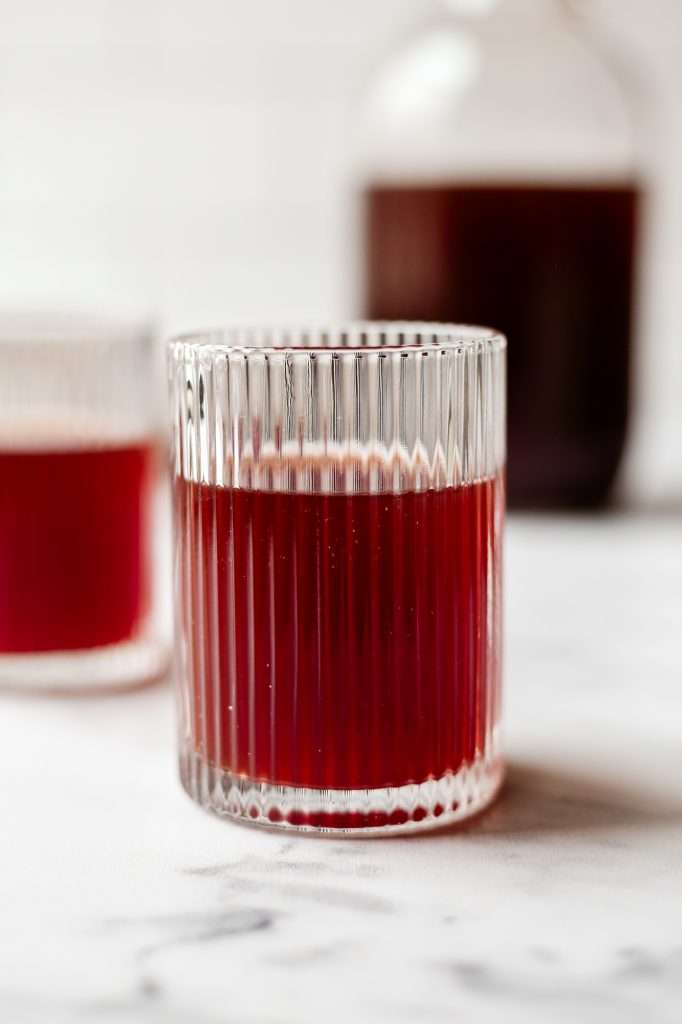

Homebrewed Pomegranate Wine with Citrus and Spices
Learn how to craft Homemade Pomegranate Wine with Citrus and Spices – a healthy and delicious homebrewed wine from pomegranate juice.
- Prep: 1 hour
- Cook: 20 minutes
- Total Time: 673 hours 20 minutes
Ingredients
- 32 fl oz pomegranate juice
- 8 fl oz citrus juice (lemon or orange)*
- 16 fl oz water
- 75 grams organic cane sugar
- 1 cinnamon stick
- 2 peppercorns
- A pinch of cardamom
- 2 slices of ginger root
- 2 grams cider yeast*
Instructions
- This recipe results in a beverage with a significant amount of alcohol. if any readers here want a non-alcoholic version of this recipe, please try our Pomegranate Kombucha Recipe instead
- Clean and sanitize all of your equipment. I like to wash the jug with soap and water, allow it to air dry a bit, then rinse the jug with cheap vodka, and allow it to fully air dry.
- Once your equipment is prepped, add the citrus juice, water, sugar, and cinnamon stick to a pot and bring to a simmer. Cook for about 10 minutes until all the sugar is dissolved
- Remove the cinnamon stick.
- Add the citrus juice-sugar mixture to the 1/2 gallon jug and allow it to cool to room temp.
- Once cool, add the cider yeast, peppercorns, cardamom and ginger. Mix gently by swirling. Wait about 30 minutes for the yeast to get frothy and active.
- If using fresh juice (skip this step if using shelf-stable pasteurized juice): In the meantime, in a medium pot, heat the pomegranate juice until simmering. Remove from heat and allow to cool to room temperature. (You can place a metal pot in a bowl of ice to cool it down faster).
- Carefully using a funnel, add the pomegranate juice to the jug, leaving two inches of headspace (see pictures above).
- Cap the jug and swirl it around for about a minute.
- Remove the cap and place the airlock and stopper in the jug (see pictures above).
- After a few hours, you should notice a lot of bubbling in the bottle and activity in the airlock.
- Allow the wine to ferment for about 7-14 days until the bubbling completely stops and you no longer see any activity in the airlock. At this point, you should see a lot of sediment in the bottom of the jug.
- Racking the wine: Remove the airlock and, using a funnel, transfer the wine to a new, clean jug for aging. Be careful pouring; pour gently and in one steady pour, leaving the sediment in the bottom of the original jug.
- Cap the jug with a regular lid. Allow the wine to age at a cool room temperature or in the fridge for 2 more weeks.
- At this point, you can drink the wine as is or bottle it with honey if it is too tart.
- To Bottle the wine with honey: Clean and sterilize two 1-liter carbonation-safe bottles. Add one tablespoon of honey to each 1-liter bottle. Transfer the wine from the aging jug into the carbonation-safe bottles using a funnel, leaving any sediment in the bottom of the jug. Cap the bottles and invert gently twice to mix the honey with the wine.
- Allow to ferment in the bottles at a cool room temperature for five days, then immediately store in the fridge. (check the carbonation by carefully opening a bottle over the sink, if it is not carbonated enough, you can leave it at room temperature for seven days.)
Notes
- Using lemon juice results in a highly tart and dry wine. I personally love it, but it’s not for everyone. Orange juice is a little more mild, but still quite tart. You can sub for apple juice if super dry and tart wine isn’t your thing.
- When you try the wine, if it is too tart, bottle it with honey to balance out the flavor.
- You can use wild yeast to brew this wine too. Click here to learn how to culture wild yeast for alcohol brewing
- be sure to open the bottles to release the pressure occasionally when storing in the fridge for long periods.


